24 Apr 2025
At a two-day hybrid event, held at Xi'an Jiaotong-Liverpool University (XJTLU), March 28-29, 2025, PhD students and emerging scholars converged for an inaugural XJTLU-Communication University of China (CUC) Joint International Symposium, exploring the evolving landscape of cross-cultural communication in the digital age.
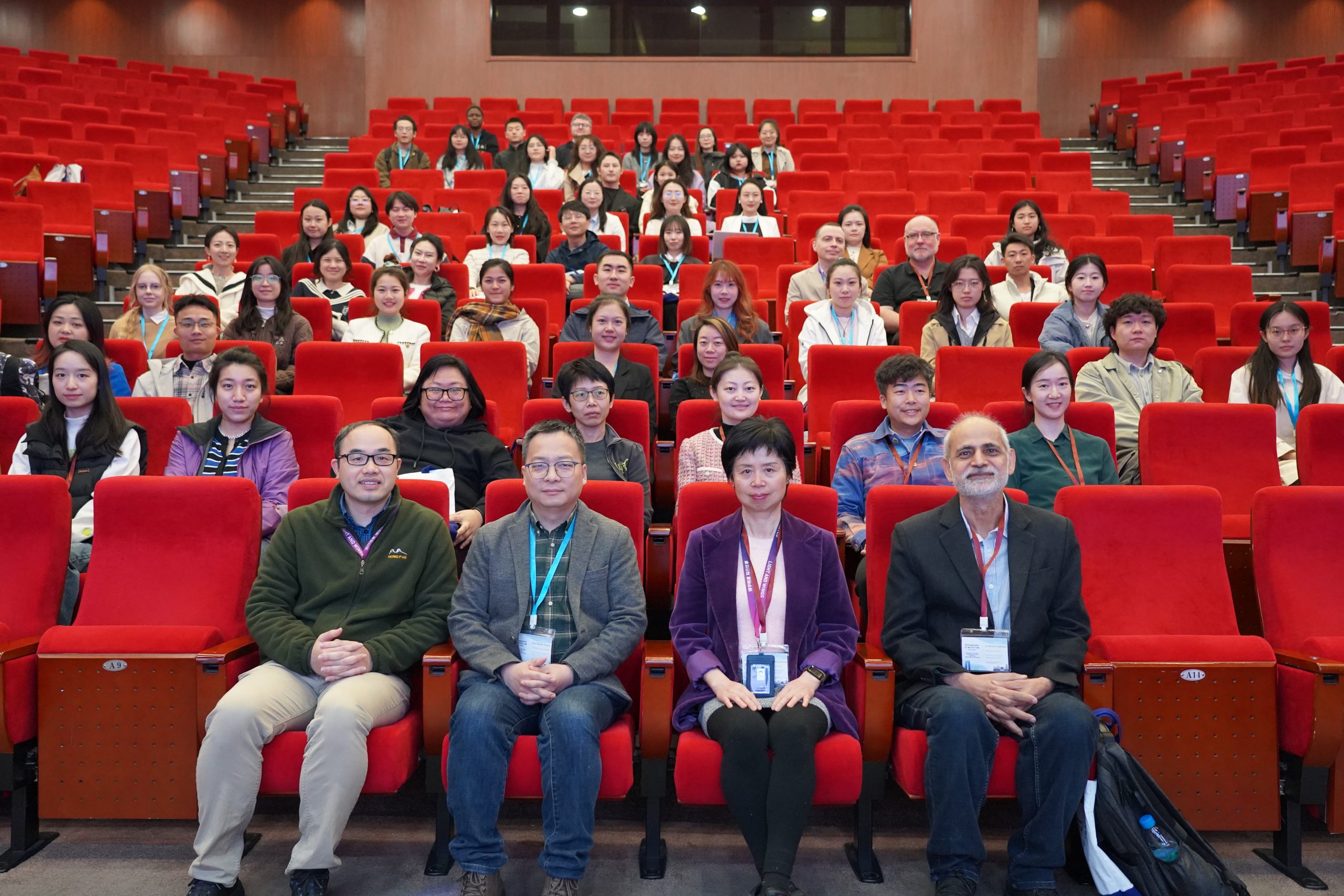
Centered on the theme “Navigating Cross-Cultural Communication in the Digital Age: Opportunities and Challenges,” the symposium, conducted in a hybrid format, attracted over 100 participants from 19 countries and regions, including China, the United States, the United Kingdom, Canada, Austria, the Netherlands, Belgium, Australia, Tanzania, Nigeria, and Malaysia. Professor Xiaoling Zhang, Head of the Department of Media and Communication at the School of Humanities and Social Sciences, XJTLU, led the symposium's opening ceremony. Professor Zhoulin Ruan, Vice President of Academic Affairs at XJTLU, and Professor Yi Yang, Vice President of the CUC, delivered welcome speeches.
In his speech, Professor Ruan highlighted the growing concerns surrounding communication ethics and the erosion of cultural diversity due to cultural bias, especially in the rapid development of digital technologies and artificial intelligence. He noted that the focus of intercultural communication research has expanded from earlier themes such as language barriers and linguistic metaphors to a broader and more diverse range of topics.
Professor Ruan emphasized that this symposium is a timely opportunity to explore the evolving directions and emerging interests in the field of intercultural communication. Concluding his remarks, he welcomed all participants to XJTLU during its most beautiful season and expressed his best wishes for the success of this first collaborative symposium between XJTLU and the CUC.
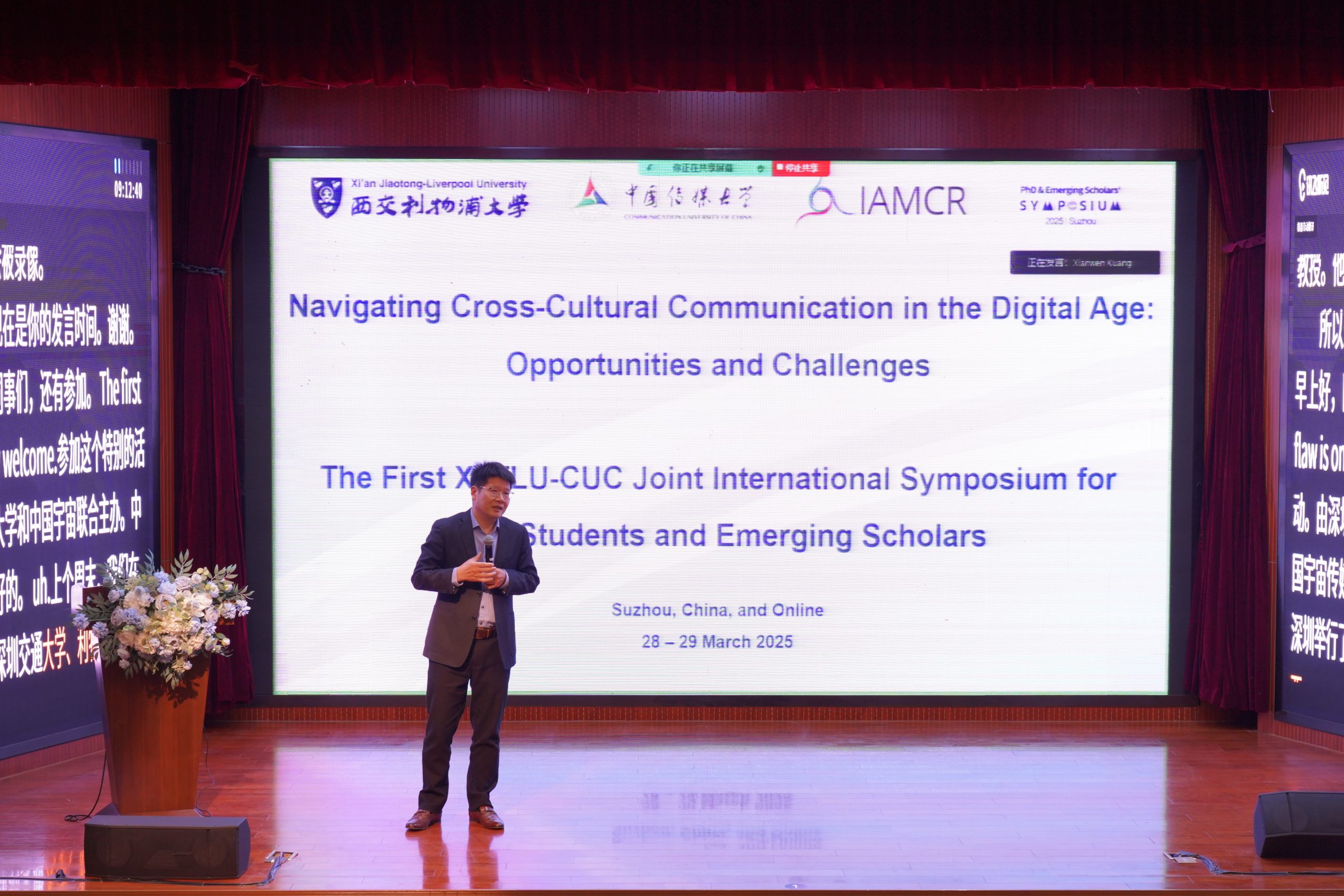
Professor Zhoulin Ruan, Vice President of Academic Affairs at XJTLU, delivered a speech.
Professor Yang pointed out in the opening speech that in today’s world, the synergistic development of social informatization and intelligent media along with the rise of generative artificial intelligence, is fundamentally transforming knowledge production and patterns of interaction in human society. These technologies are also reshaping the industrial and value chains of the media industry, he said.
He encouraged young scholars to deeply understand and grasp the evolving interplay between technology and society and to seek a balance between embracing technological transformation and upholding human values. He expressed his hope that this international platform would foster interdisciplinary dialogue and global academic collaboration, inspiring more insightful and autonomous research outcomes.
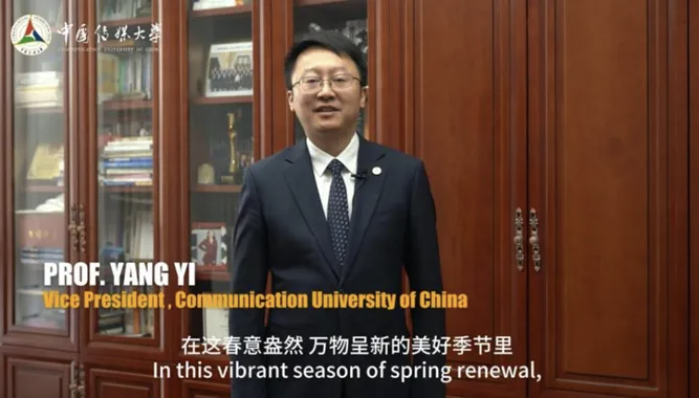
Professor Yi Yang, Vice President of the CUC, delivered a speech.
Following the opening speeches, Professor Daya Thussu, President of the International Association for Media and Communication Research (IAMCR) and Professor of International Communication at Hong Kong Baptist University, delivered the keynote speech titled "Communicating Culture in an Age of Digital 'Imperialism'."
In his address, Professor Thussu critiqued the Western commercial empires’ monopoly over global digital technologies and their control over information flows. He argued that such dominance hinders democratic development and cultural communication worldwide. Toward the end of his speech, he also highlighted the promising role of emerging AI technologies such as DeepSeek in challenging Western technological monopolies. The keynote session was chaired by Assistant Professor Rong Ma, and PhD Programme Officer at the Department of Media and Communication, XJTLU.
The symposium then moved into parallel sessions following the keynote, offering six major thematic panels with 27 subtopics presented in four to five concurrent sessions.. Participants engaged in in-depth discussions on cutting-edge issues such as the impact of social media, virtual reality personas, AI ethics, and narrative adaptation. Key areas of focus included AI storytelling, brand narratives, and cultural migration. PhD students and emerging scholars from XJTLU and CUC served as moderators for the various sessions, while faculty members from both universities participated as panel commentators.
Notable scholars in the panels included Professor Dianlin Huang, a researcher at the National Key Lab for Media Convergence and Communication at CUC and Editor-in-Chief of Global Media and China, as well as Dr Gejun Huang, Assistant Professor at the Department of Media and Communication, XJTLU, and the member of the organizing committee.
In addition, two roundtable discussions in the symposium featured several senior experts in media and communication .
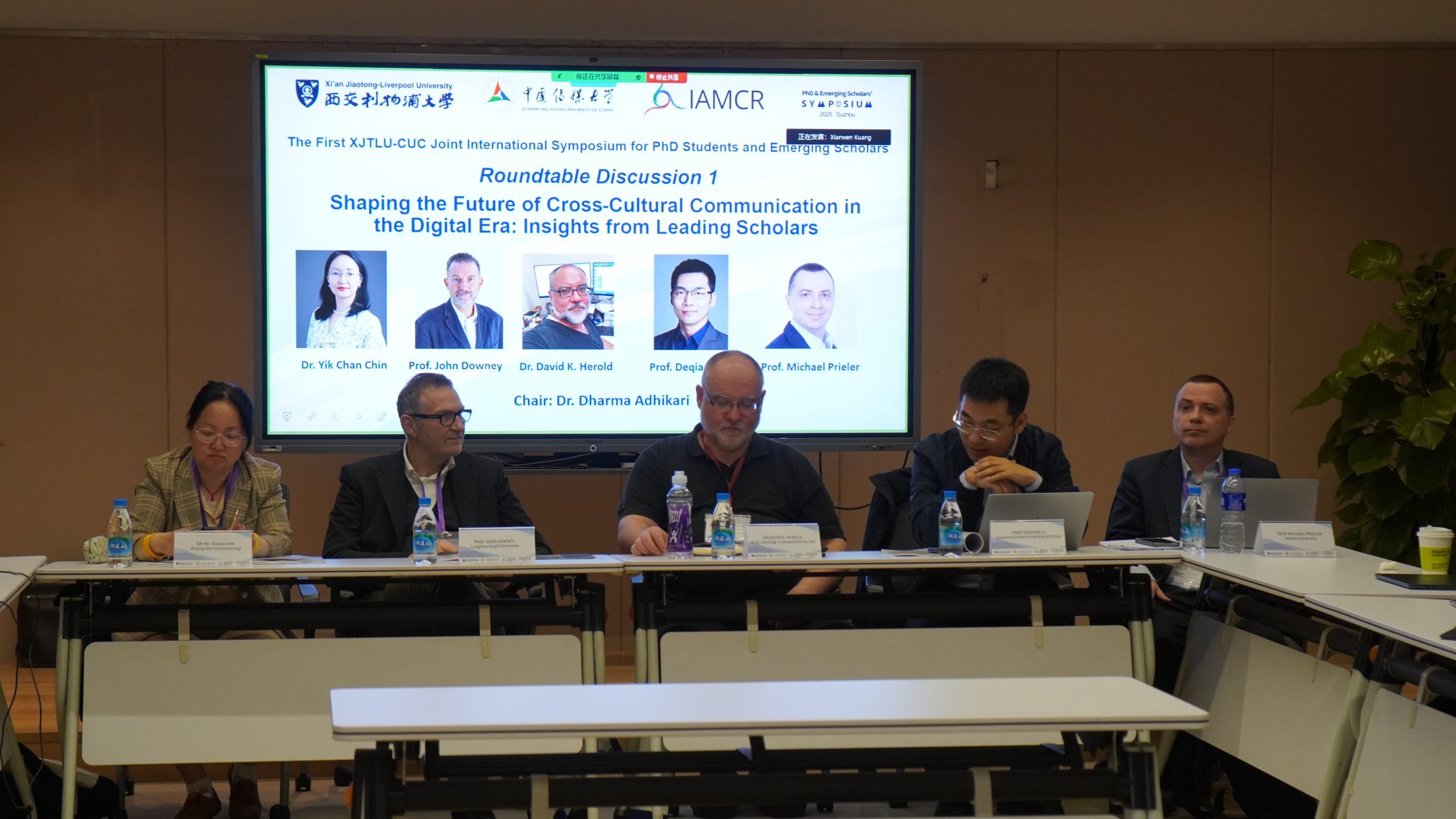
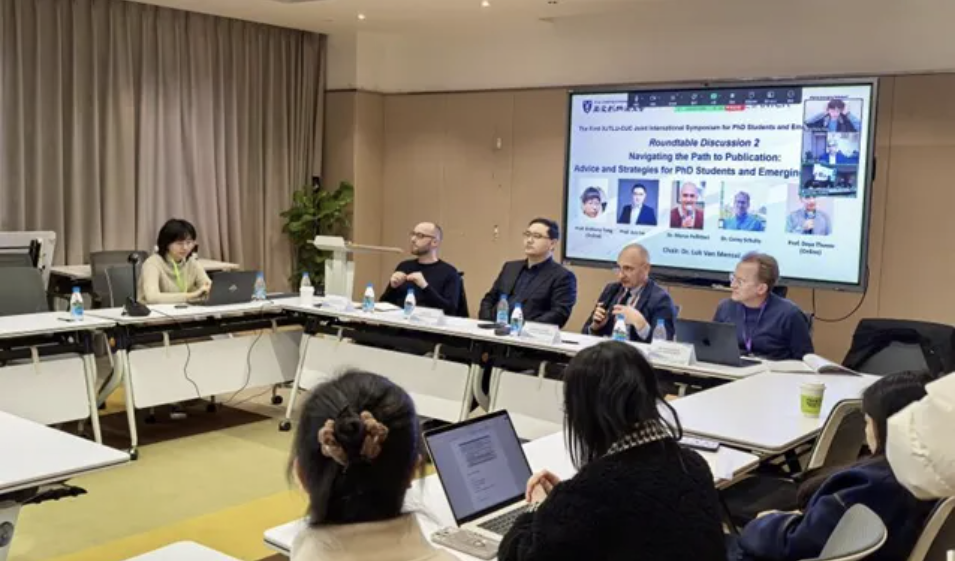
Roundtable Discussions
The first roundtable focused on the main themes of the conference, particularly industry trends, public policy, interdisciplinary research, and ethical considerations in digital storytelling. Panel participants included Dr Yik Chan Chin, Associate Professor at the School of Journalism and Communication, Beijing Normal University; Professor John Downey, Fellow of the European Academy of Sciences and Professor of Communication and Media at Loughborough University, UK; Dr David K. Herold, Associate Professor at XJTLU; Dr Deqiang Ji, Deputy Director of the Institute for International Communication, Ministry of Education at CUC and researcher at the National Key Lab for Media Convergence and Communication; and Professor Michael Prieler from the School of Communication at Hallym University, South Korea. The panel was moderated by Dr Dharma Adhikari, Associate Professor at the Department of Media and Communication, XJTLU.
The second roundtable centered on editorial insights into academic publishing in journals and books. Participating scholars included Dr Anthony Fung, Professor of Journalism and Communication and Dean of the Faculty of Social Science at The Chinese University of Hong Kong; Dr Jun Liu, Professor at CUC and Editor-in-Chief of Modern Communication; Dr Marco Pellitteri, Associate Professor at the Department of Media and Communication, XJTLU; Dr Corey Schultz, Associate Professor at the University of Nottingham Ningbo China; and Professor Daya Thussu of Hong Kong Baptist University. The session was moderated by Dr Luk Van Mensel, Associate Dean of the School of Humanities and Social Sciences at XJTLU.
Observing the significance of the event, Professor Xiaoling Zhang, one of its initiators, said, “This PhD symposium, jointly organized by XJTLU and the CUC, has not only provided a valuable platform for in-depth exchange and collaboration among young scholars but also effectively promoted interdisciplinary dialogue and international academic exchange.”
“Through the exchange of ideas, participants jointly explored the opportunities and challenges of intercultural communication in the digital age, offering new insights for future research directions and practical applications.”
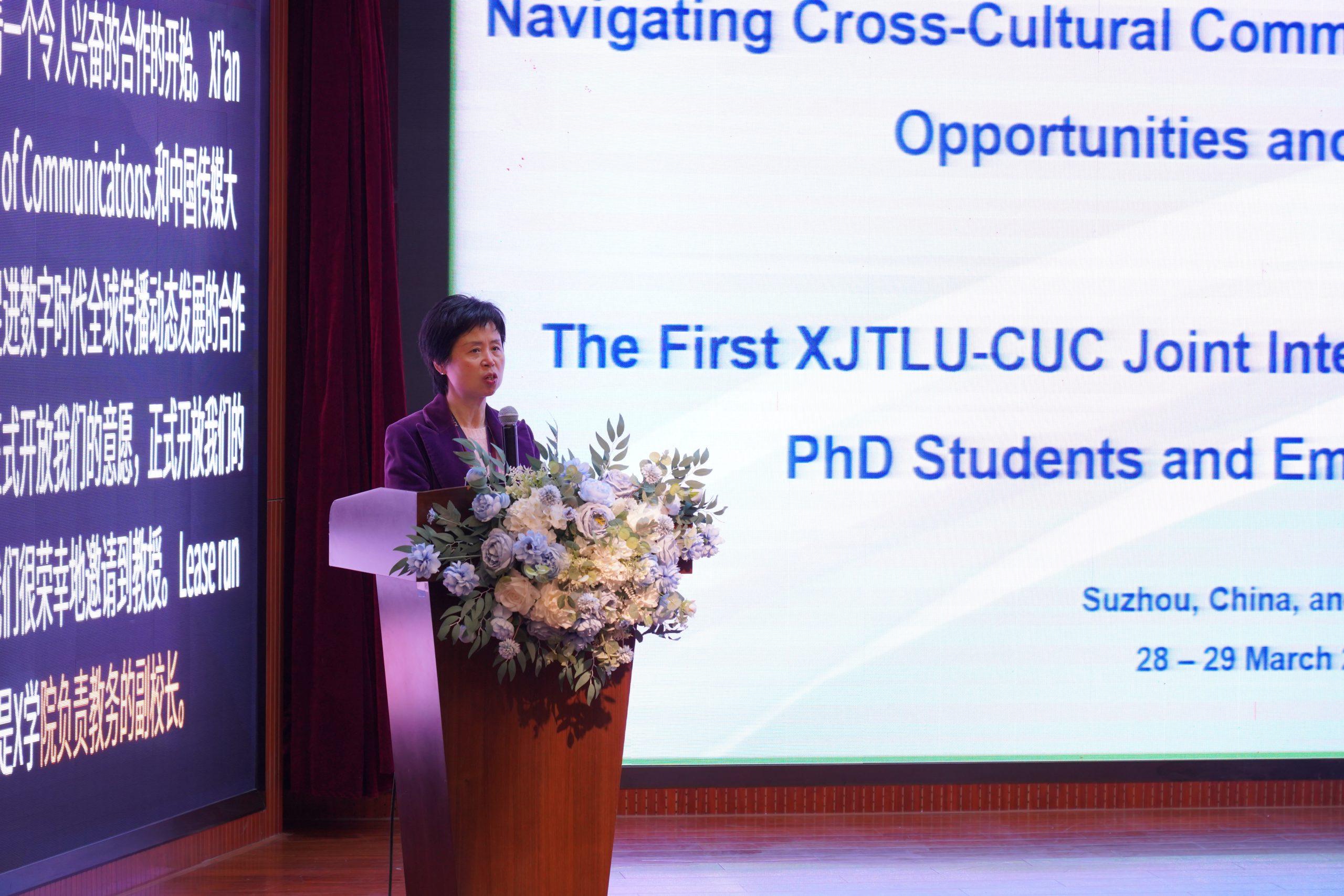
Professor Xiaoling Zhang, Head of the Department of Media and Communication at the School of Humanities and Social Sciences, XJTLU, hosted the opening ceremony.
The symposium concluded with an awards ceremony. Professor Beibei Tang, Dean of the School of Humanities and Social Sciences at XJTLU, presented the Best Paper Awards and Best Oral Presentation Awards to six outstanding participants.
The Best Paper Award winners included Haiyue Zhang from the University of Westminster (UK), Dr Shenglan Qing from Guangzhou University, and Zhe Li from the Communication University of China along with their co-authors. The Best Oral Presentation Awards were given to Xinyi Fan from the University of Nottingham Ningbo, China, Alicja Ewelina Osińska from Shanghai University, and Yunpeng Xiang from XJTLU. The awards ceremony was hosted by Dr Xianwen Kuang, Director of Postgraduate Research at the School of Humanities and Social Sciences, XJTLU.
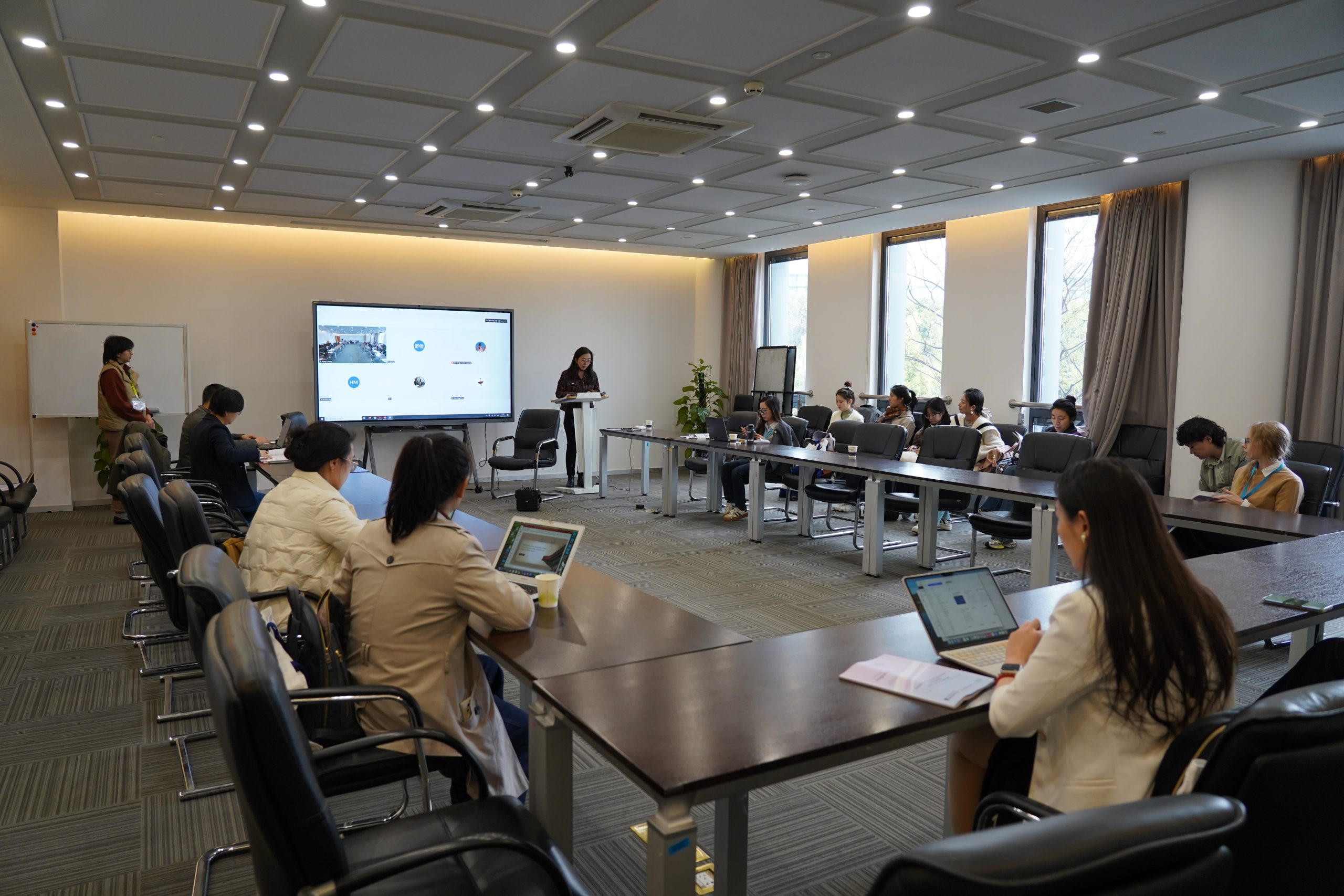
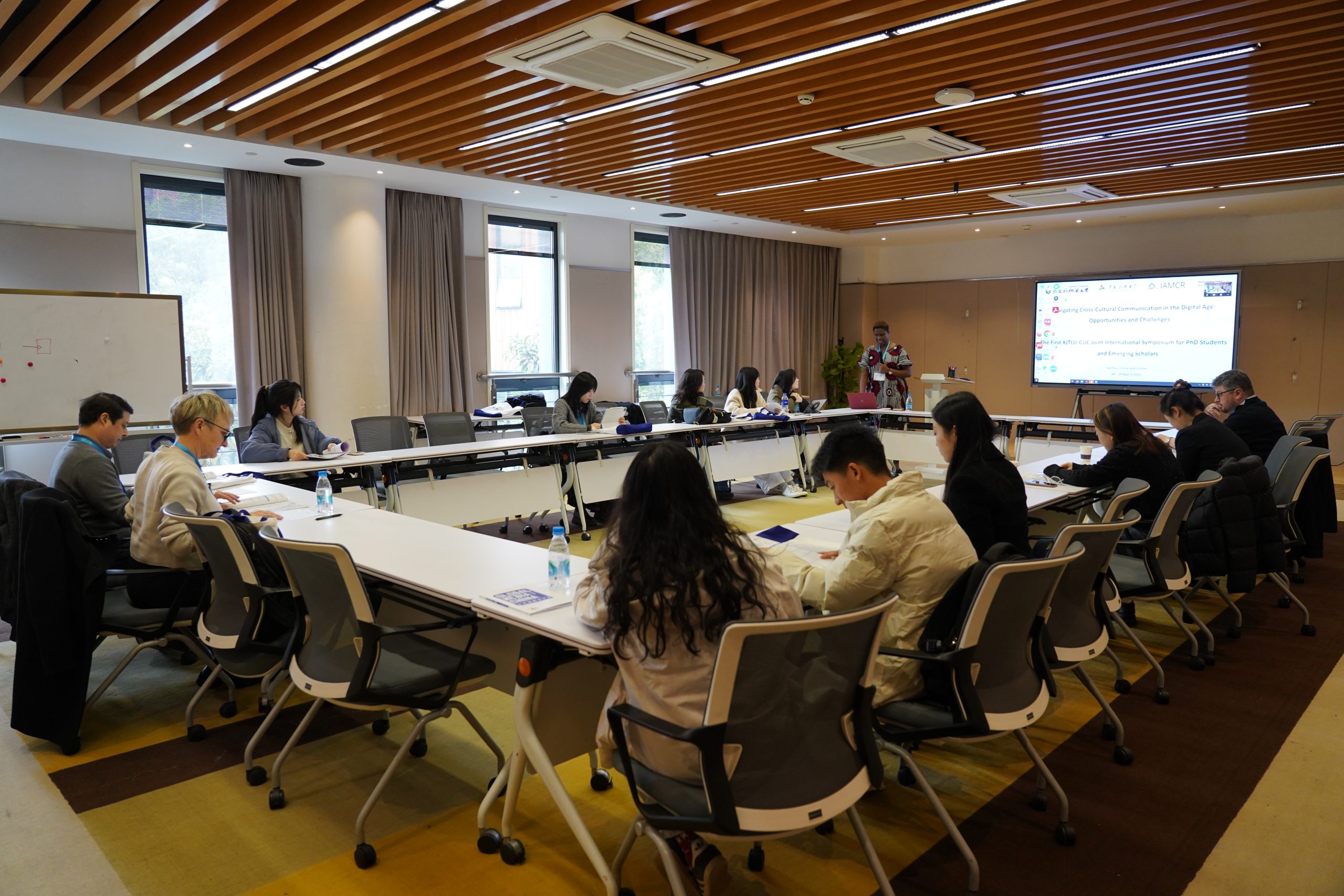
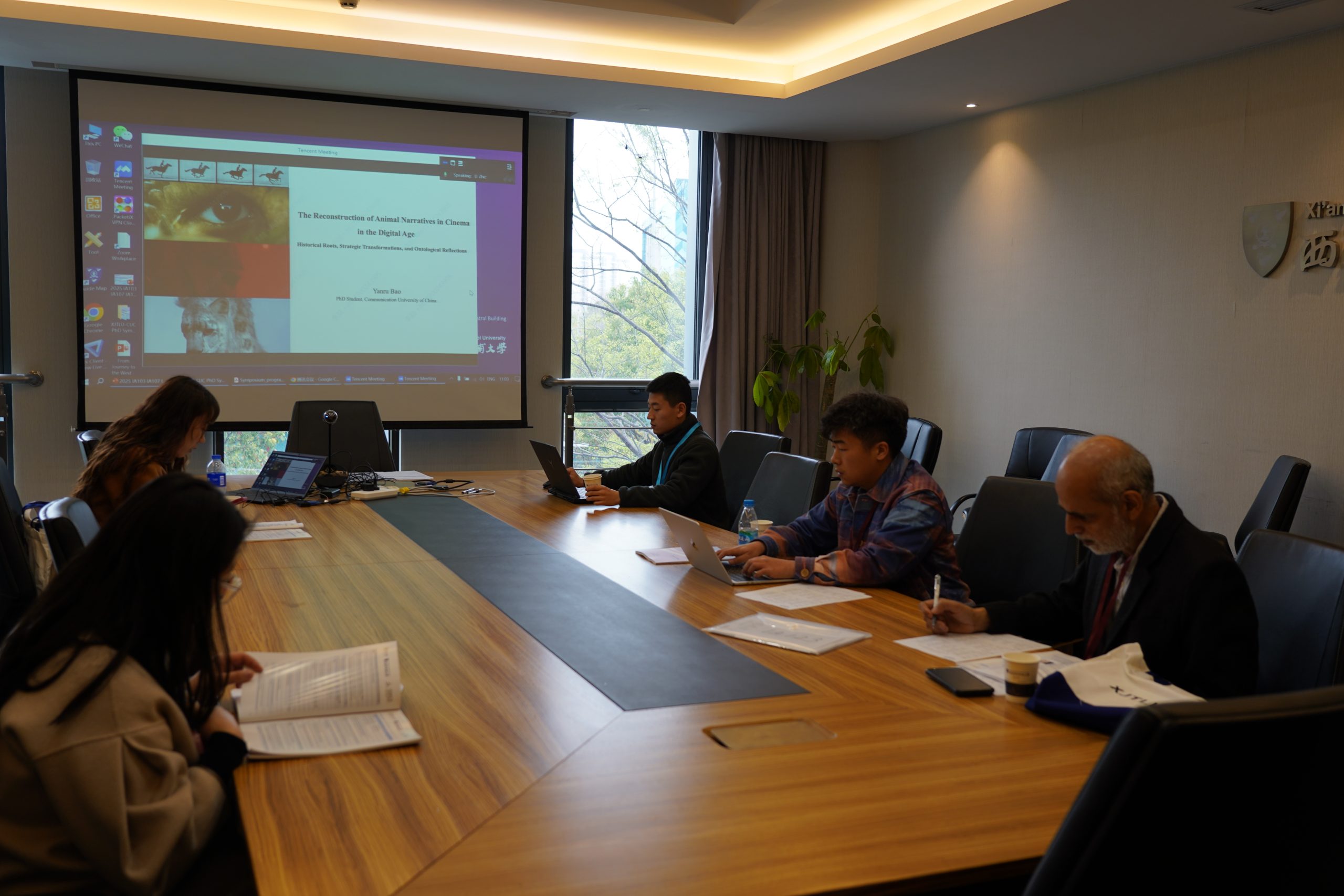 Parallel Sessions
Parallel Sessions
Reflecting on the success of the symposium, co-organizer Professor Deqiang Ji, Deputy Director of the Institute for International Communication of the Ministry of Education and a researcher at the National Key Lab for Media Convergence and Communication at the Communication University of China, remarked, “The conference was filled with youthful energy and intellectual vitality. Participants not only proposed a series of innovative research questions from an international perspective but also delved into the complex relationship between emerging media technologies and intercultural communication. These discussions have produced a wealth of original and insightful outcomes.”
At the same time, seasoned scholars from around the world provided meaningful dialogue and exchange, serving as inspiring role models for young researchers and students, he said.
“As one of the organizers, I truly believe this symposium represents a significant innovation in academic collaboration and talent development,” said Professor Ji, adding, “It is a vital step toward localized internationalization in higher education and academic exchange, and I am confident it will leave a lasting impact on every participant.”
As an XJTLU PhD student representative of the symposium’s organizing committee, Heyang Hu observed that the the symposium provided participats with an excellent platform to engage in meaningful exchanges with PhD students and emerging scholars from around the world. “It was an incredibly valuable learning experience. In addition to delivering my own oral presentation, I attended a series of high-quality academic talks,” she said, “These presentations not only greatly broadened my research horizons but also inspired me to think more deeply and multidimensionally about cutting-edge topics such as artificial intelligence technologies and digital governance.
Moreover, she added that she connected with many like-minded scholars who share similar research interests. “Through these exchanges, I experienced a rich academic atmosphere and was exposed to diverse perspectives. I learned a great deal and gained immensely from this event.”
The “International Symposium for PhD Students and Emerging Scholars” is a joint initiative between the Department of Media and Communication at XJTLU and the Institute for International Communication of the Ministry of Education at the CUC. Hosted by the two institutions in turn, the symposium serves as a platform for international academic exchange and publication, empowering young scholars at home and abroad and promoting greater collaboration between Chinese and global academic communities.
Report: Zhen Ma
Proofread: Dharma Adhikari
Photograph:Yiyi Gu
24 Apr 2025








